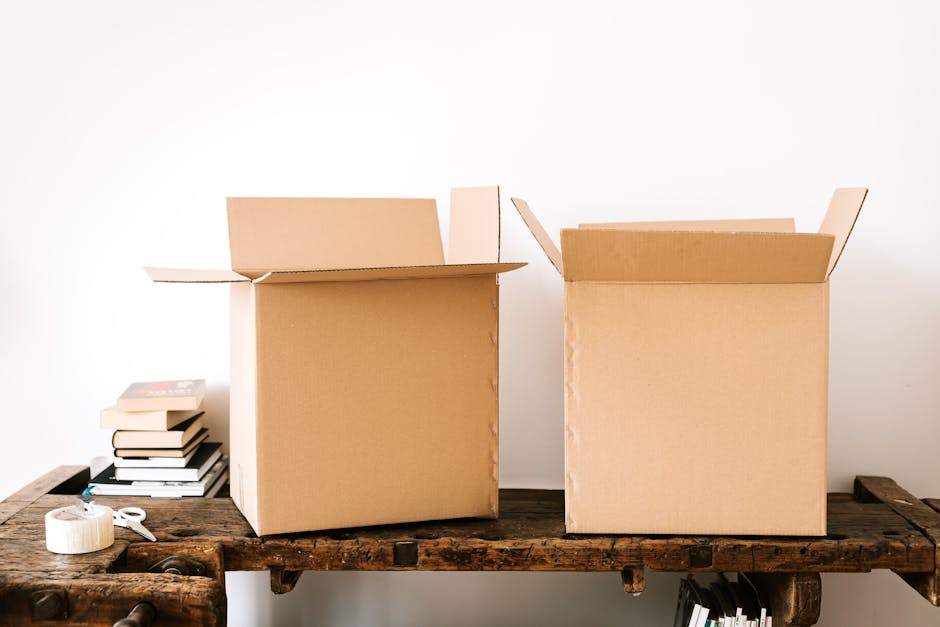
The Unexpected Connection: Cleaning Supplies and Allergies
Have you ever experienced sneezing, itchy eyes, or a runny nose while cleaning your home? It may surprise you to learn that some cleaning supplies can actually trigger allergies. Understanding this unexpected connection is essential for maintaining a healthy and allergy-free living environment.
One of the main culprits behind cleaning supply allergies is the presence of harmful chemicals. Many commercial cleaning products contain ingredients such as ammonia, bleach, and harsh fragrances. These substances can irritate the respiratory system and lead to allergic reactions in sensitive individuals.
To minimize the risk of triggering allergies, it's important to choose cleaning supplies that are labeled as hypoallergenic or free from harsh chemicals. Natural alternatives like vinegar, baking soda, and lemon juice can effectively clean your home without causing respiratory issues.
Another crucial aspect to consider is proper ventilation. When using any cleaning supplies, make sure to open windows or use fans to maintain a fresh airflow. This helps to prevent the buildup of chemical fumes and reduce the risk of allergy symptoms.
Regular cleaning of cleaning tools is also important. Sponges, mops, and vacuum filters can accumulate allergens like dust, pollen, and pet dander over time. Cleaning these tools thoroughly or replacing them regularly can minimize the exposure to allergens and reduce the likelihood of allergic reactions.
Lastly, if you already have allergies, wearing gloves and a mask while cleaning can provide an extra layer of protection. These precautions help to shield your skin and respiratory system from direct contact with cleaning supplies.
In conclusion, the relationship between cleaning supplies and allergies is often overlooked but significant. By choosing gentle cleaning products, maintaining proper ventilation, and taking necessary precautions, you can keep your home clean without compromising your respiratory health.

